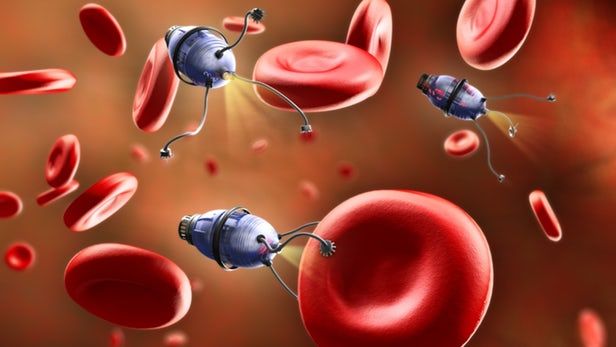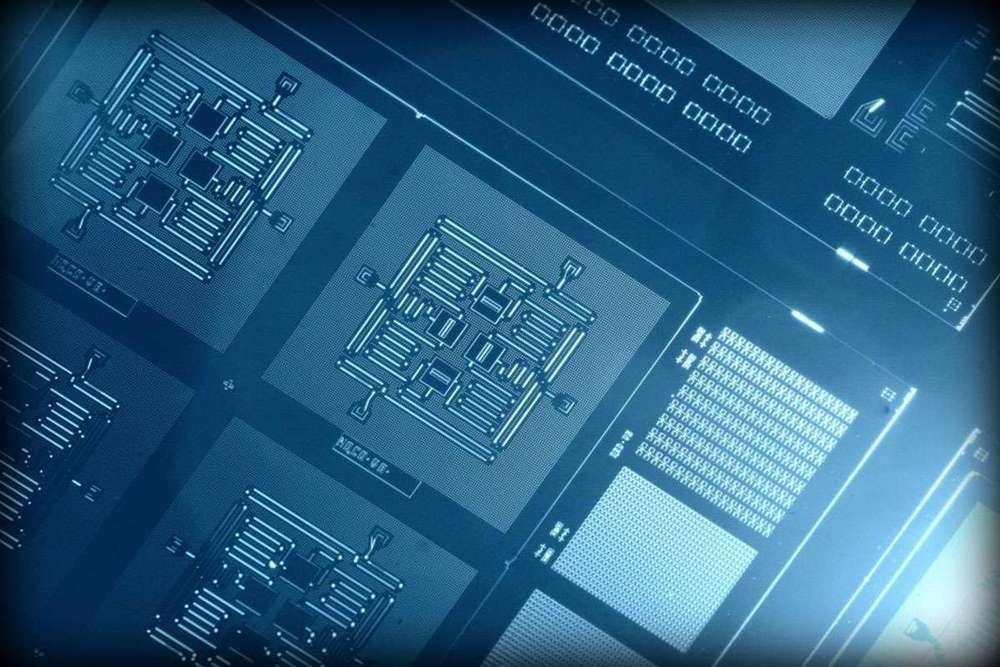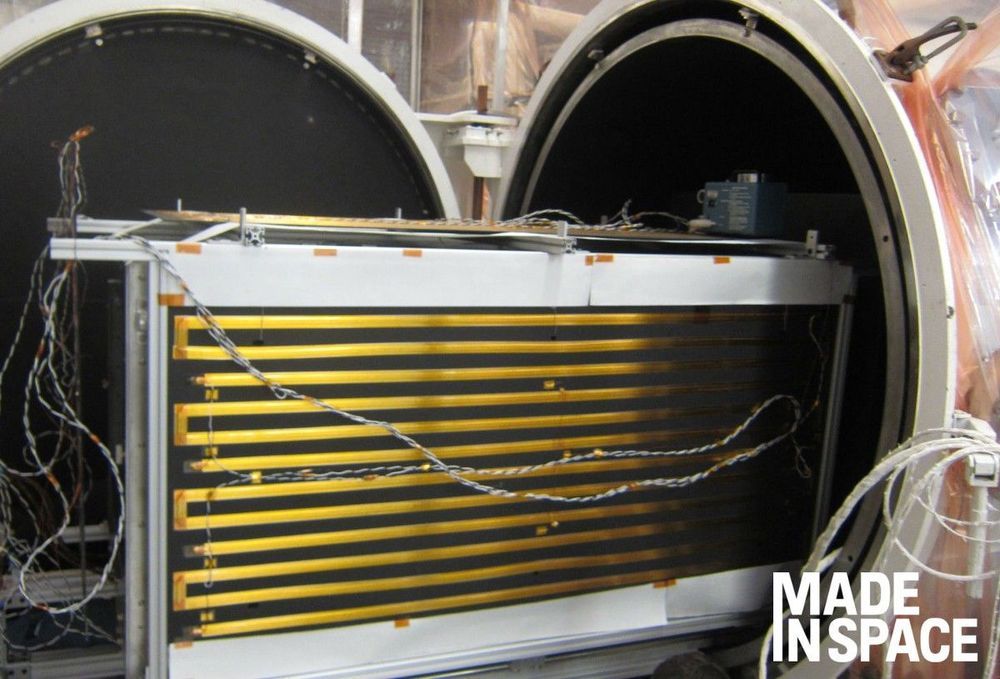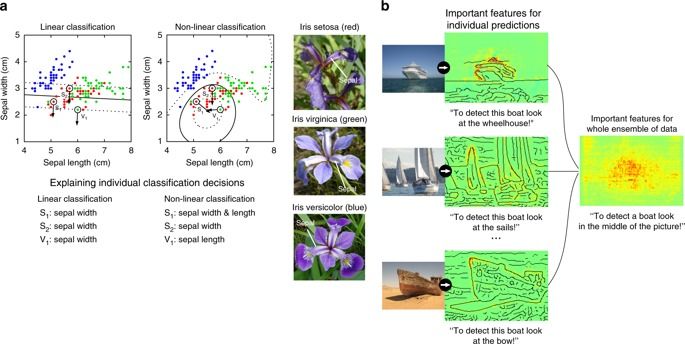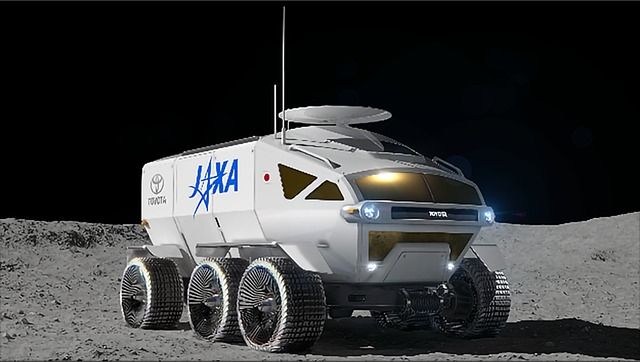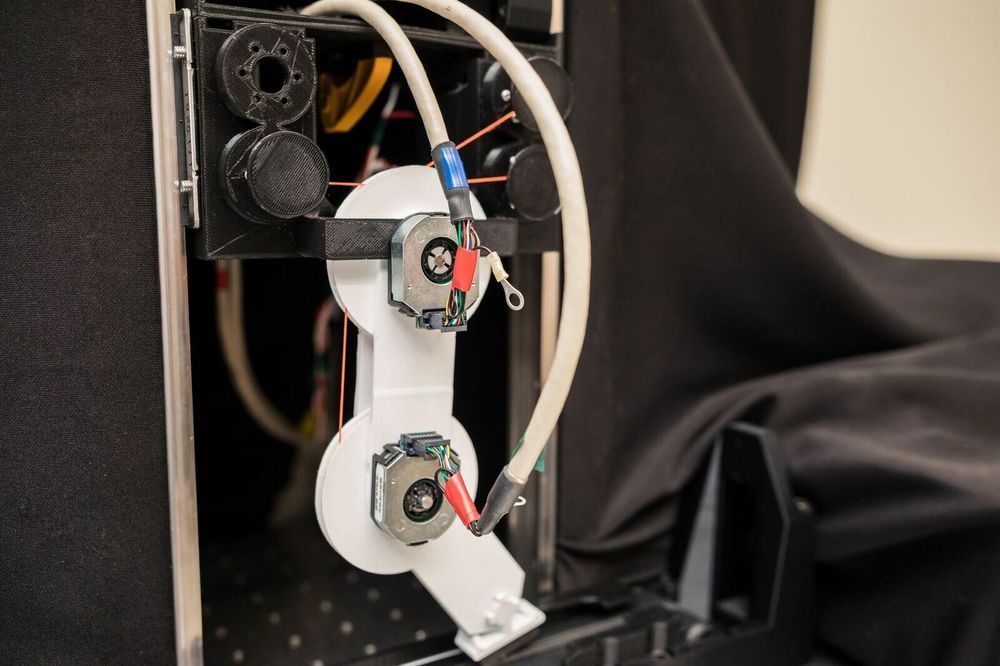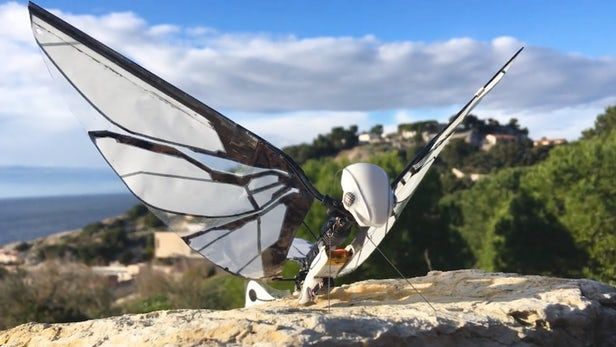Japan, March 12, 2019—The Japan Aerospace Exploration Agency (JAXA) and Toyota Motor Corporation (Toyota) agreed today to study the possibility of collaborating on international space exploration. As a first step, JAXA and Toyota agreed to further cooperate on and accelerate their ongoing joint study*1 of a manned, pressurized rover*2 that employs fuel cell vehicle technologies. Such a form of mobility is deemed necessary for human exploration activities on the lunar surface. Even with the limited amount of energy that can be transported to the moon, the pressurized rover would have a total lunar-surface cruising range of more than 10,000 km.
International space exploration, aiming to achieve sustainable prosperity for all of humankind by expanding the domain of human activity and giving rise to intellectual properties, has its sights set on the moon and Mars. To achieve the goals of such exploration, coordination between unmanned missions, such as the recent successful touchdown by the asteroid probe Hayabusa2 on the asteroid Ryugu, and manned missions, such as those involving humans using pressurized rovers to conduct activities on the moon, is essential. When it comes to challenging missions such as lunar or Martian exploration, while various countries are competing in advancing their technologies, they are also advancing their cooperative efforts.
JAXA President Hiroshi Yamakawa had this to say today about the agreement between JAXA and Toyota: “At JAXA, we are pursuing international coordination and technological studies toward Japan’s participation in international space exploration. We aim to contribute through leading Japanese technologies that can potentially generate spin-off benefits. Having Toyota join us in the challenge of international space exploration greatly strengthens our confidence. Manned rovers with pressurized cabins are an element that will play an important role in full-fledged exploration and use of the lunar surface. For this, we would like to concentrate our country’s technological abilities and conduct technological studies. Through our joint studies going forward, we would like to put to use Toyota’s excellent technological abilities related to mobility, and we look forward to the acceleration of our technological studies for the realization of a manned, pressurized rover.”
